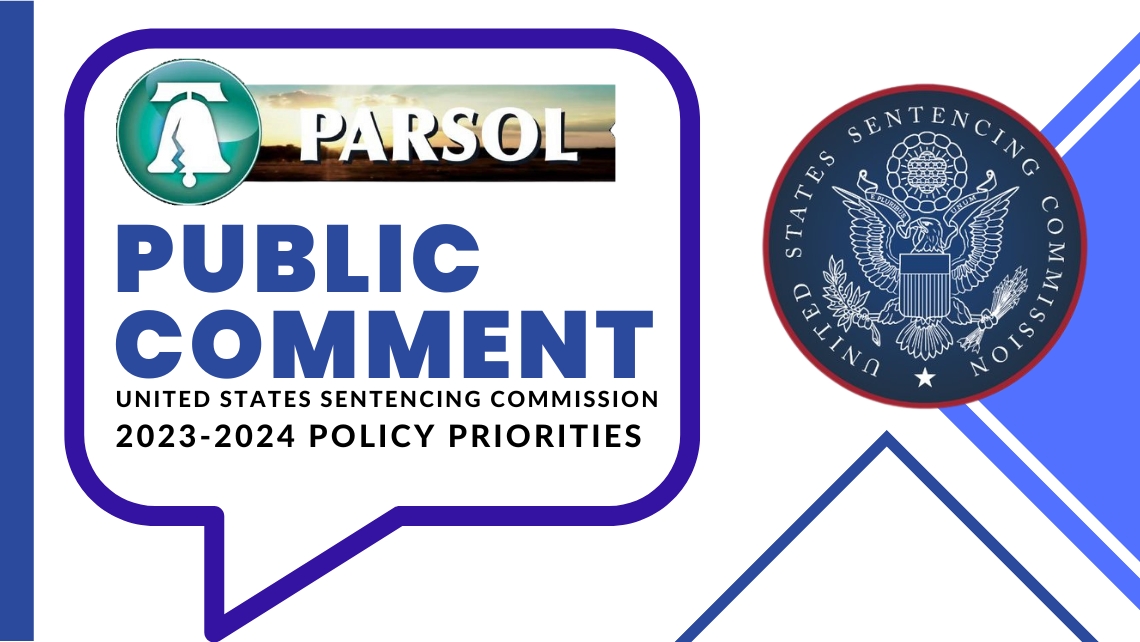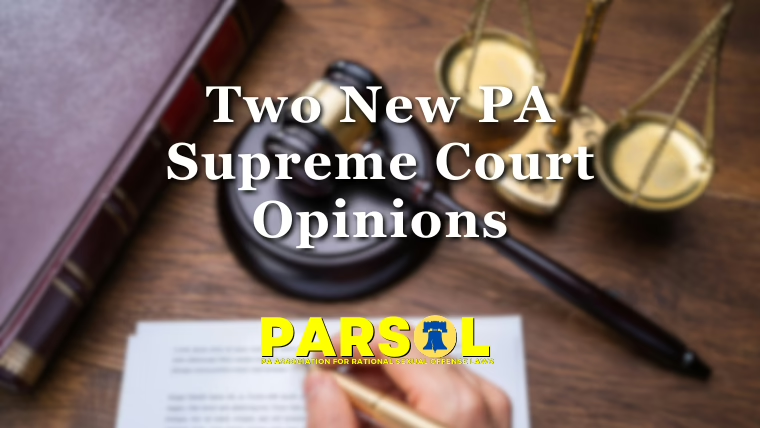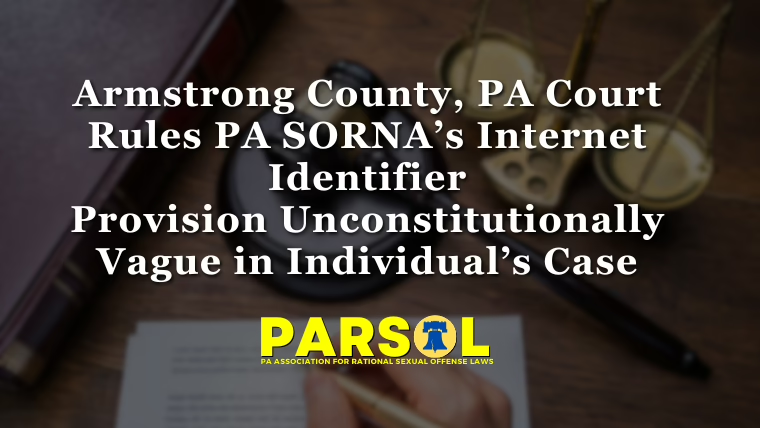During her confirmation hearings, now Supreme Court Justice Ketanji Brown Jackson and former vice-chair of the USSC commission said, reflecting the Commission’s stance on sexual offenses and sentencing:
The statute doesn’t say, “Look only at the guidelines and stop.”
Hon. Ketanji Brown-Jackson
The statute doesn’t say, “Impose the highest possible penalty for this sickening and egregious crime.”
The statute says, “Calculate the guidelines, but also look at various aspects of this offense and impose a sentence that is sufficient but not greater than necessary to promote the purposes of punishment.”
[The Statute] is not doing the work of differentiating who is a more serious offender in the way that it used to. The commission has taken that into account, and more importantly, courts are adjusting their sentences to the changed circumstances but say[s] nothing about the judge’s view of the seriousness of these offenses.
Associate Justice of the Supreme Court of the United States
Justice Brown Jackson referenced that current sentencing guidelines, specifically around possession and distribution of child sexual abuse materials, were developed when receiving 1,000 images of child pornography was done via postal mail for extreme fees. The manufacture involved significant physical media, not the click and download of one zip file within seconds.
Like Justice Brown Jackson, the Pennsylvania Association for Rational Sexual Offense Laws (PARSOL) believes all sexual abuse is unacceptable and that physical, mental, and emotional healing is possible by focusing on prevention-based, rehabilitative, and trauma-informed programs rooted in healing rather than lifetime, shame-centered punishment.
In addition, we know many federal laws and sentencing recommendations unfairly discriminate against people with sexual offenses.
To that end, we present the following background information and recommendations for the United States Sentencing Commission to consider during its 2023-2024 session.




